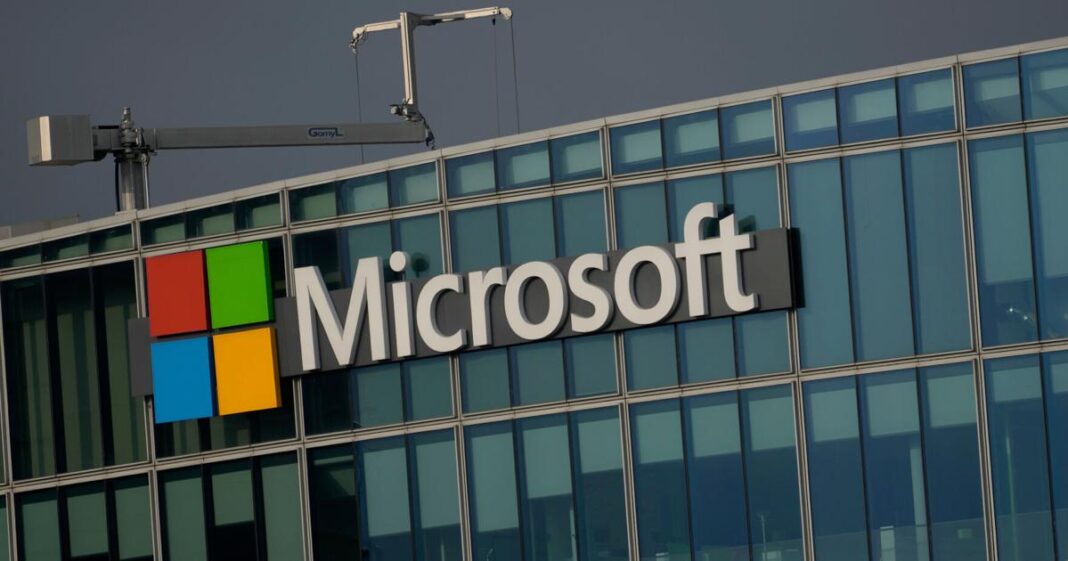Microsoft and Nvidia’s AI Chip Deal with the UAE: What It Means for the Future
In a significant move, Microsoft has announced plans to ship Nvidia’s most advanced artificial intelligence chips to the United Arab Emirates (UAE), marking a pivotal development in the global tech landscape. The deal, recently approved by the U.S. Commerce Department, underscores the growing collaboration between leading technology firms and various global entities.
A Landmark Deal
Microsoft’s licensing arrangement enables the shipment of over 60,000 Nvidia chips, including the cutting-edge GB300 Grace Blackwell chips. These advanced chips are designed to power data centers, enhancing computational capabilities for various applications including AI, machine learning, and big data analytics. The approval of this transaction in September reflects stringent regulatory safeguards aimed at ensuring that advanced technologies are deployed responsibly.
The Role of Nvidia’s Technology
Nvidia has long been at the forefront of AI technology, with its chips driving innovations in sectors ranging from gaming to automotive. The GB300 Grace Blackwell chips are particularly noteworthy as they are engineered to facilitate high-performance computing tasks, which are essential for processing vast amounts of data. As organizations increasingly rely on data-driven insights, the capabilities of these chips will prove indispensable.
U.S. Regulatory Landscape
The approval from the U.S. Commerce Department highlights the delicate balance between fostering innovation and addressing national security concerns. The stringent measures in place are indicative of the administration’s ongoing efforts to monitor the export of advanced technologies, especially to regions where geopolitical tensions exist. This regulatory framework is essential to ensure that technologies do not inadvertently empower adversarial forces.
Impact on the UAE’s Tech Landscape
For the UAE, this deal is a significant stride toward enhancing its technological infrastructure. As the region continues to diversify its economy away from oil reliance, investing in AI and related technologies is vital. Advanced data centers powered by Nvidia’s chips will not only bolster local industries but also position the UAE as a burgeoning hub for technological innovation in the Middle East.
Global Implications
The implications of this deal extend beyond the UAE. As countries worldwide seek to adopt AI technologies, the partnership between tech giants like Microsoft and Nvidia will likely inspire other nations to foster similar collaborations. This trend could lead to a more interconnected global tech ecosystem, where knowledge and innovation flow between nations.
Future Prospects
Looking ahead, the ramifications of shipping AI chips to the UAE could pave the way for enhanced advancements across various sectors, including health care, finance, and transportation. With improved computational power, businesses can innovate more rapidly, offering new services and products that harness the power of AI.
Moreover, as regional data centers become more sophisticated, we may see an uptick in local startups leveraging these technologies, driving entrepreneurship and creating jobs. Such growth could lead to more robust technology ecosystems, positioning the UAE as a key player on the global stage.
Conclusion
In summary, Microsoft’s deal to ship Nvidia’s AI chips to the UAE is a significant milestone in the tech world, with broad implications for both countries and the global landscape. The partnership exemplifies the collaborative spirit of innovation that is critical for addressing the challenges of our rapidly changing world. As these technologies become more integrated into everyday applications, the benefits may extend far beyond economic growth—transforming how we live, work, and interact with the world around us.



